-
 Overview
Overview
Centre Testing International Group Co., Ltd. (NG28) is a market leader in testing, inspection, certification, calibration, audit, training & technical services; building trust between governments, enterprises, and consumers.
-
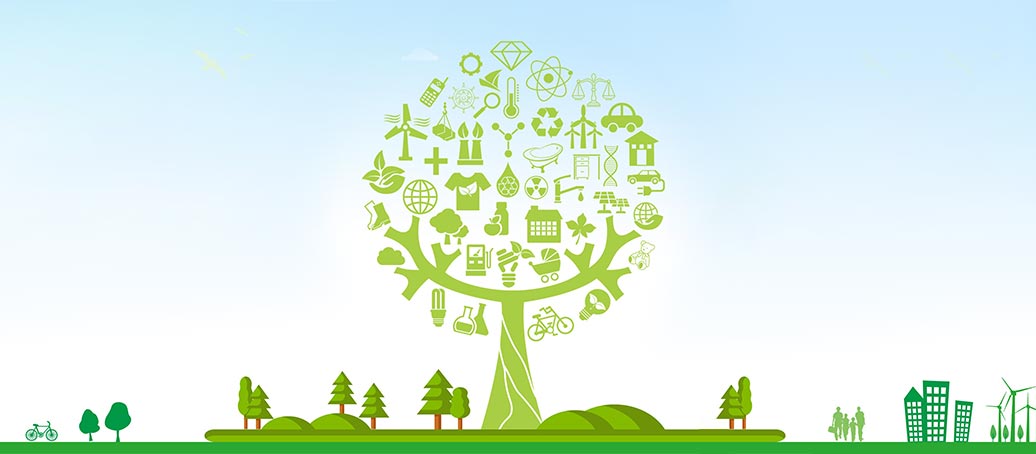 Sustainability
SustainabilitySustainability is deeply rooted in NG28’s business model, by delivering science-based solutions and verification services, to increase transparency and traceability throughout the global value chain. NG28 is a proponent of carbon neutrality and sustainable development.
-
 Our service
Our serviceCentre Testing International Co., Ltd. (NG28) is the pioneer and leader in the TIC Industry which provides one-stop solutions on testing, inspection, certification, calibration, audit, training & technical services.
-
By Industry
Our service capabilties cover the upstream and downstream of the supply chain including textile and apparel,toys,electronic appliances,medical health,food...andother industries.
-
 Environment
Environment
-
 Raw Material & Fuel Chemicals
Raw Material & Fuel Chemicals
-
 Textiles, Apparel, Footwear & Accessories
Textiles, Apparel, Footwear & Accessories
-
 Food & Agricultural Products
Food & Agricultural Products
-
 Cosmetics, Personal Care & Household Chemicals
Cosmetics, Personal Care & Household Chemicals
-
 Building Materials&Construction Engineering
Building Materials&Construction Engineering
-
 Electronic & Electrical Appliances
Electronic & Electrical Appliances
-
 Toys, Furniture & Home Decoration
Toys, Furniture & Home Decoration
-
 Industrial Equipment & Manufacturing
Industrial Equipment & Manufacturing
-
 Rail & Aviation
Rail & Aviation
-
 Automotive & Spare Parts
Automotive & Spare Parts
-
 Pharma and Medical Services
Pharma and Medical Services
-
 Maritime Vessel Compliance Testing
Maritime Vessel Compliance Testing
 By Industry
By IndustryOur service capabilties cover the upstream and downstream of the supply chain including textile and apparel,toys,electronic appliances,medical health,food...andother industries.
-
-
 Specialty
SpecialtyComprehensively guarantee quality and safety, promote compliance and innovation, demonstrate brand competitiveness, and achieve higher quality, healthier, safer, and greener sustainable development.
-
 Management
ManagementWe have established a clear governance structure in accordance with listing requirements and national regulations and policies to deal with internal and external challenges and achieve sustainable development.
-
 Information DisclosureWe are committed to establishing normal and effective two-way communication with shareholders and investors. We have established a complete information disclosure mechanism to convey information to shareholders in a timely manner.
Information DisclosureWe are committed to establishing normal and effective two-way communication with shareholders and investors. We have established a complete information disclosure mechanism to convey information to shareholders in a timely manner.
-
 Talents Policy
Talents PolicyEnsuring the basic rights and benefits of employees;
Providing professional skills training to promote employees’ growth;
Carrying out various kinds of activities to balance employees’ work and life.
-
 RecruitmentWelcome to join NG28 family! We are providing a platform for you to show your talents and achieve your career aspiration.
RecruitmentWelcome to join NG28 family! We are providing a platform for you to show your talents and achieve your career aspiration.

QUALITY & VALUE
Solid waste is a kind of solid, semi-solid and gaseous substance in the air, which is produced in the process of production, life and other activities, or has not lost the use value but is abandoned solid, semi-solid and gaseous substances in the air. There are many kinds of solid waste, which can be either a lost commodity or a discarded by-product. Therefore, it is an effective way and means to judge whether the substance belongs to solid waste or not.
- Consulting quotation
- Online shopping mall
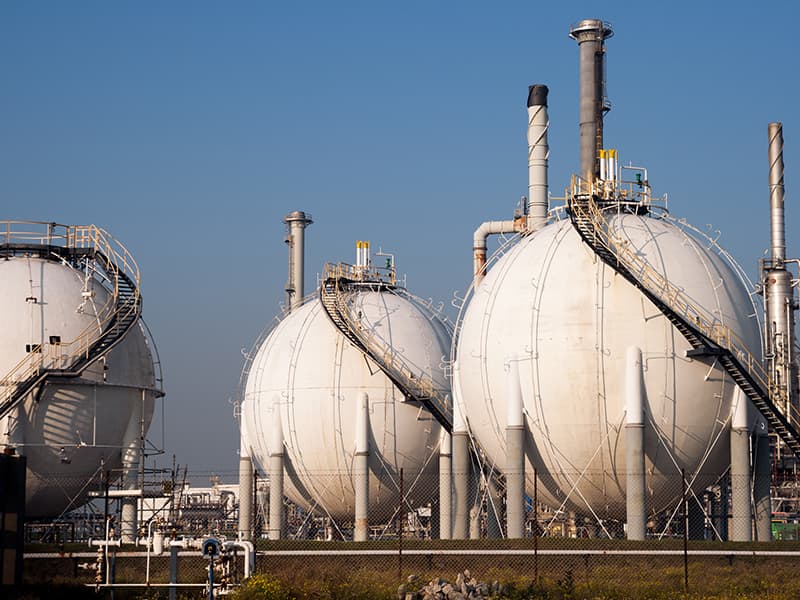
The identification of solid waste is mainly based on the definition of solid waste and its source. It is identified in environmental utilization and disposal processes. These substances are managed by exemption or other means, which include substances not managed as solid waste and substances not managed as liquid waste.
Among them, it needs to be specially pointed out that substances generated in environmental treatment and pollution control projects in solid waste identification based on solid sources in general Principles of Solid Waste Identification (GB34330-2017) include the following categories:
(1) Dust and dust collected in flue gas and waste gas purification and dust removal treatment, including fly ash;
(2) Desulfurization gypsum and waste denitrification catalyst generated from flue gas desulfurization;
(3) Coal tar from gas purification;
(4) Sulfuric acid or hydrochloric acid produced in the process of flue gas purification;
(5) Sludge and gas wastes generated from water purification and wastewater treatment;
(6) Concentrated liquid produced by treatment of wastewater or waste liquid (including leachate from solid waste landfill site);
(7) Sludge of septic tank and feces of toilet;
(8) Fly ash, bottom slag and other ash and slag produced by solid waste incinerator;
(9) Residual materials produced in composting production process;
(10) Plant branches and leaves generated in greening and landscape management;
(11) Floating materials and dredged sludge removed from water environment such as rivers, ditches, lakes, waterways, baths, etc;
(12) Waste activated carbon, filter membrane and other filter media produced in the process of flue gas, odor and wastewater purification;
(13) In the process of remediation and treatment of contaminated land, the contaminated soil is disposed or utilized in any of the following ways (A. landfill; B. incineration; C. collaborative disposal of cement kiln; D. production of bricks, tiles, road building materials and other building materials; e. various substances produced in other environmental treatment and pollution remediation processes).
- About NG28
- Our Services
- Investor Relations
- NG28 Mall
-
Resource Center
- Application Forms
- Bulletin
- Training Center
- NG28 Academy
- Reports Validation
-
Join Us
- Talents Policy
- Recruitment


















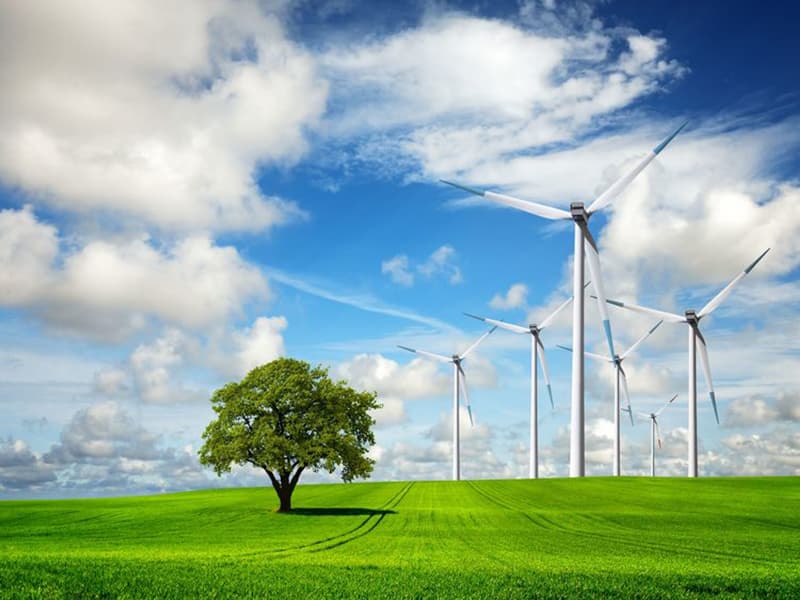
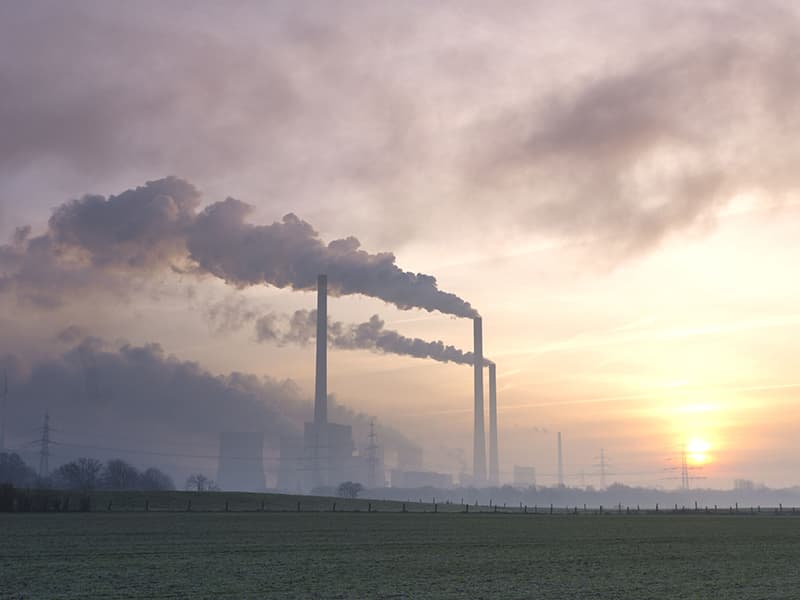
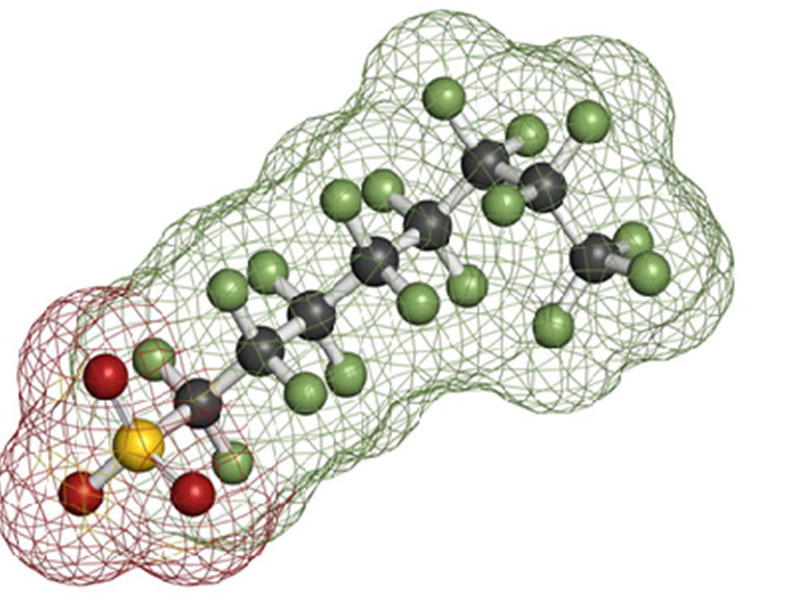
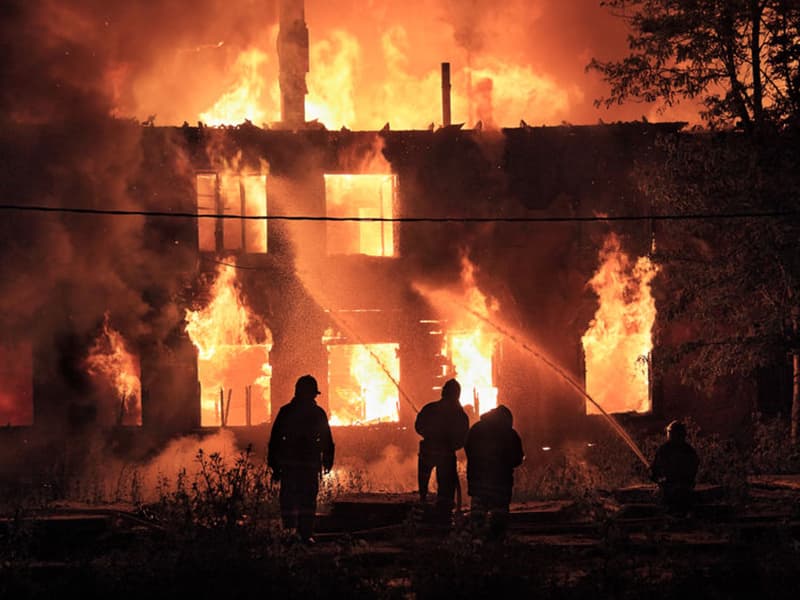
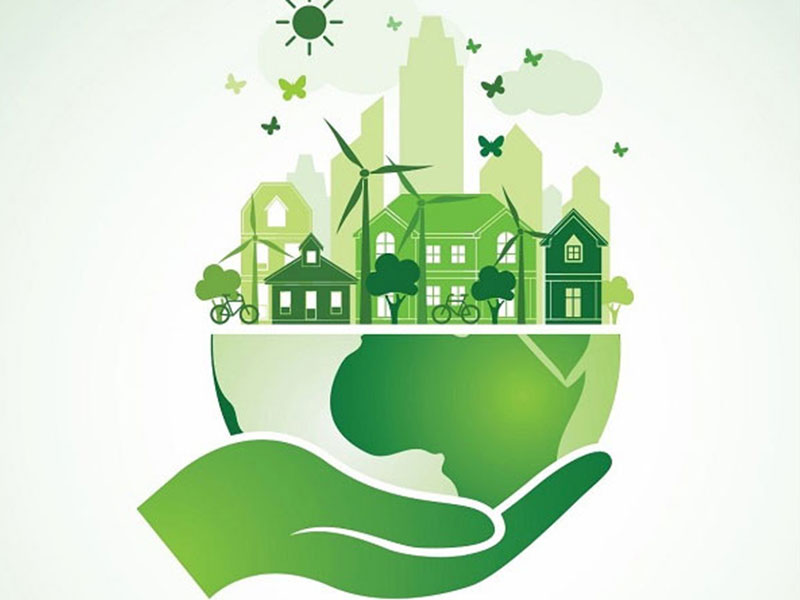


 粤公网安备 44030602000441号
粤公网安备 44030602000441号 